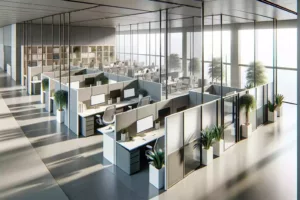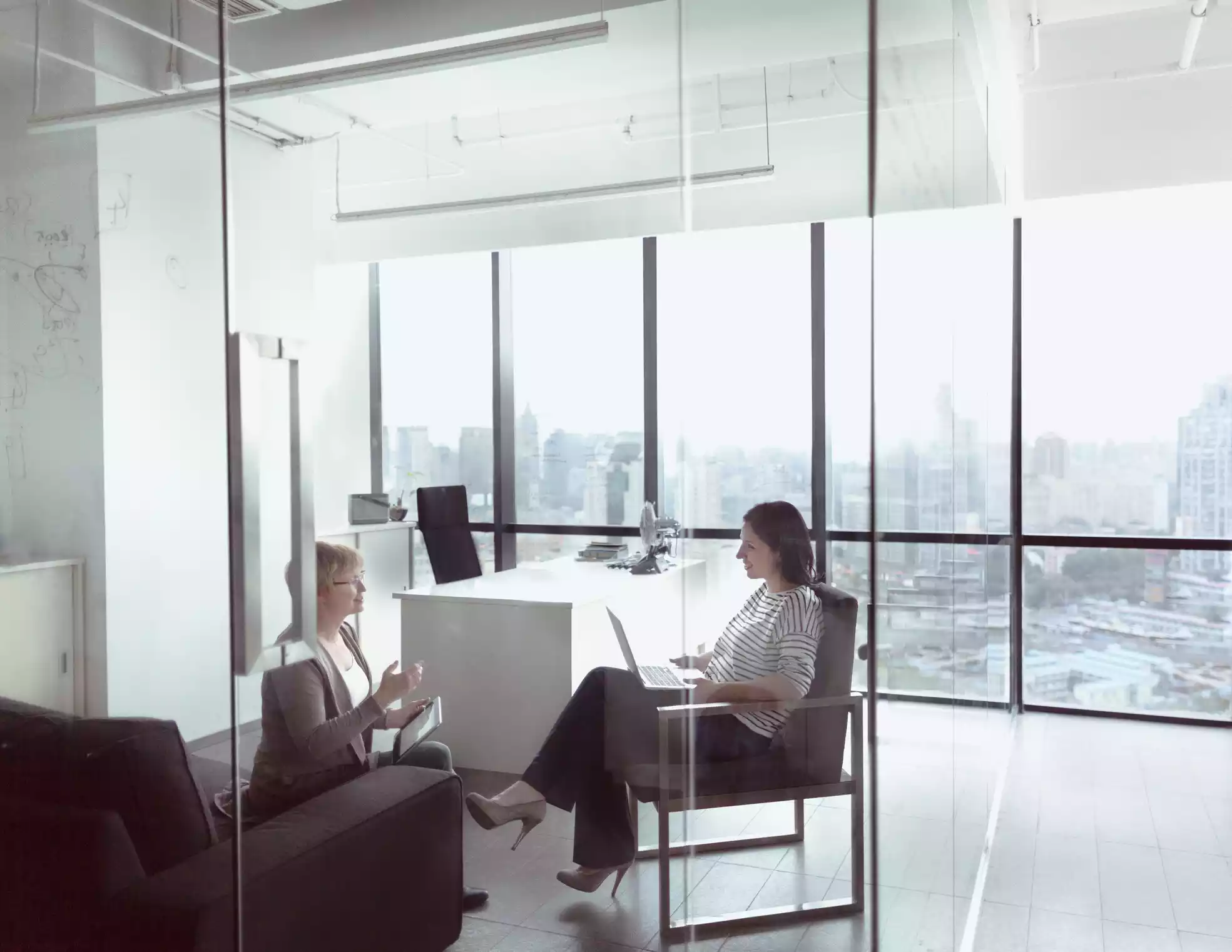In an era where data privacy and confidentiality are increasingly important, businesses of all industries must prioritize the design of their workspaces to safeguard sensitive information. From financial records to proprietary data, maintaining privacy is not just a legal obligation but also essential for building trust with clients and stakeholders. Let’s explore how businesses can design confidential workspaces to protect sensitive information and foster a culture of privacy.
Assessing Privacy Needs
Before designing a workspace, businesses must first assess their privacy requirements. This involves identifying the types of sensitive information handled within the organization and the level of privacy protection needed for each. For instance, healthcare companies may require stricter privacy measures for patient records compared to an accounting firm handling a client’s financial documents. With these considerations in mind, decision makers can choose an office design that prioritizes privacy and discretion.
Implementing Physical Barriers
Physical barriers such as walls, partitions, and soundproofing materials play a crucial role in creating confidential workspaces. These barriers help prevent unauthorized access to sensitive areas and minimize the risk of eavesdropping or inadvertent disclosure of information. By strategically placing these barriers, businesses can create designated zones where confidential discussions can take place without fear of intrusion.
Utilizing Privacy Screens and Dividers
 Privacy screens and dividers offer a flexible solution for creating temporary privacy within open office layouts. These portable partitions can be easily moved and adjusted to accommodate changing privacy needs throughout the day. Whether it’s for impromptu meetings, sensitive phone calls, or focused work, privacy screens provide employees with the freedom to control their environment and protect sensitive information.
Privacy screens and dividers offer a flexible solution for creating temporary privacy within open office layouts. These portable partitions can be easily moved and adjusted to accommodate changing privacy needs throughout the day. Whether it’s for impromptu meetings, sensitive phone calls, or focused work, privacy screens provide employees with the freedom to control their environment and protect sensitive information.
Incorporating Cubicles for Enhanced Privacy
Cubicles offer a practical solution for balancing privacy with collaboration in office environments. By providing employees with their designated workspace enclosed by partitions, cubicles offer a degree of privacy for focused tasks and confidential discussions. Additionally, cubicle walls can be customized with sound-absorbing materials to further enhance privacy and minimize distractions. While open office layouts promote communication and teamwork, cubicles provide individuals with the option to retreat into a private space when needed, ensuring that sensitive information remains confidential.
Establishing Secure Meeting Spaces
Dedicated meeting rooms equipped with secure communication tools and privacy features are essential for conducting confidential discussions. These rooms should be equipped with soundproofing materials, secure video conferencing capabilities, and controlled access to ensure that only authorized individuals can participate in meetings. By providing employees with secure meeting spaces, businesses can facilitate collaboration while safeguarding sensitive information.
In an age where data breaches and privacy concerns are prevalent, designing confidential workspaces is not just a matter of compliance but also a strategic imperative. By assessing privacy needs and implementing a privacy-first approach to office design, businesses can create environments where sensitive information is protected, and confidentiality is upheld. Build trust with clients, employees, and stakeholders while setting the foundation for long-term success. Contact Capital Choice Office Furniture today for your office design needs.

